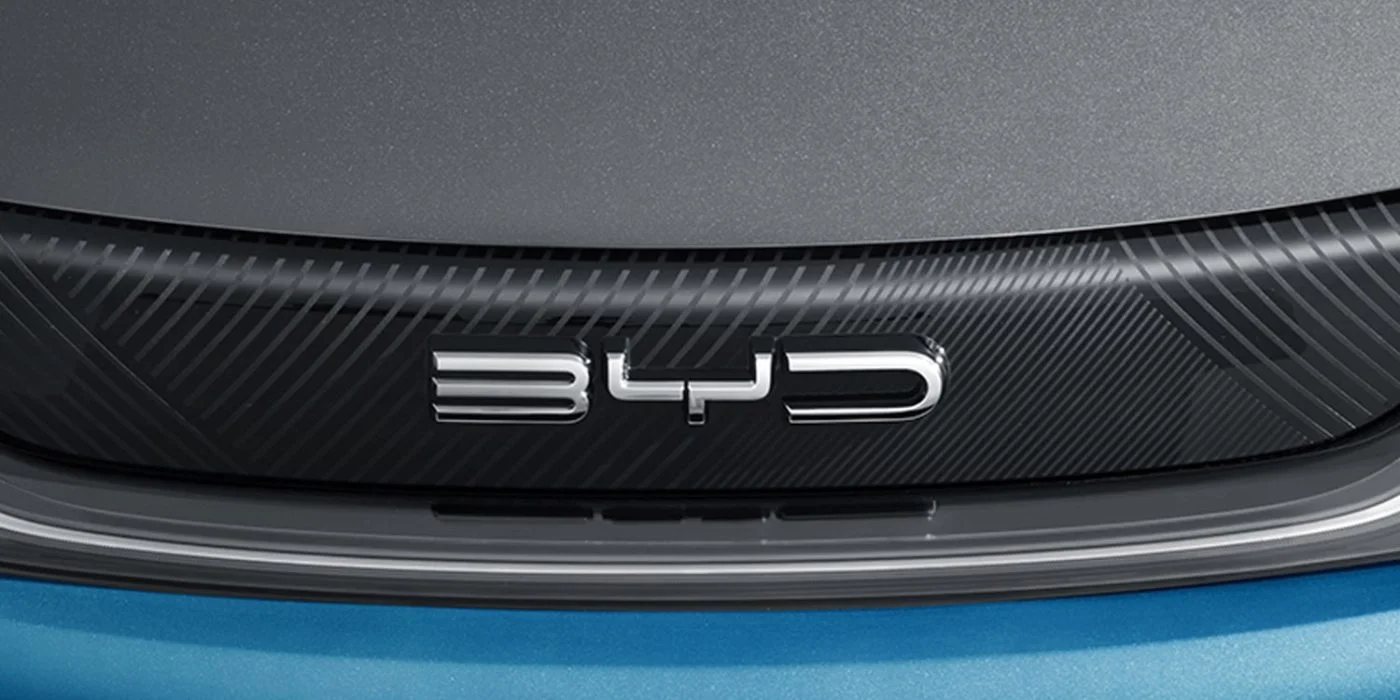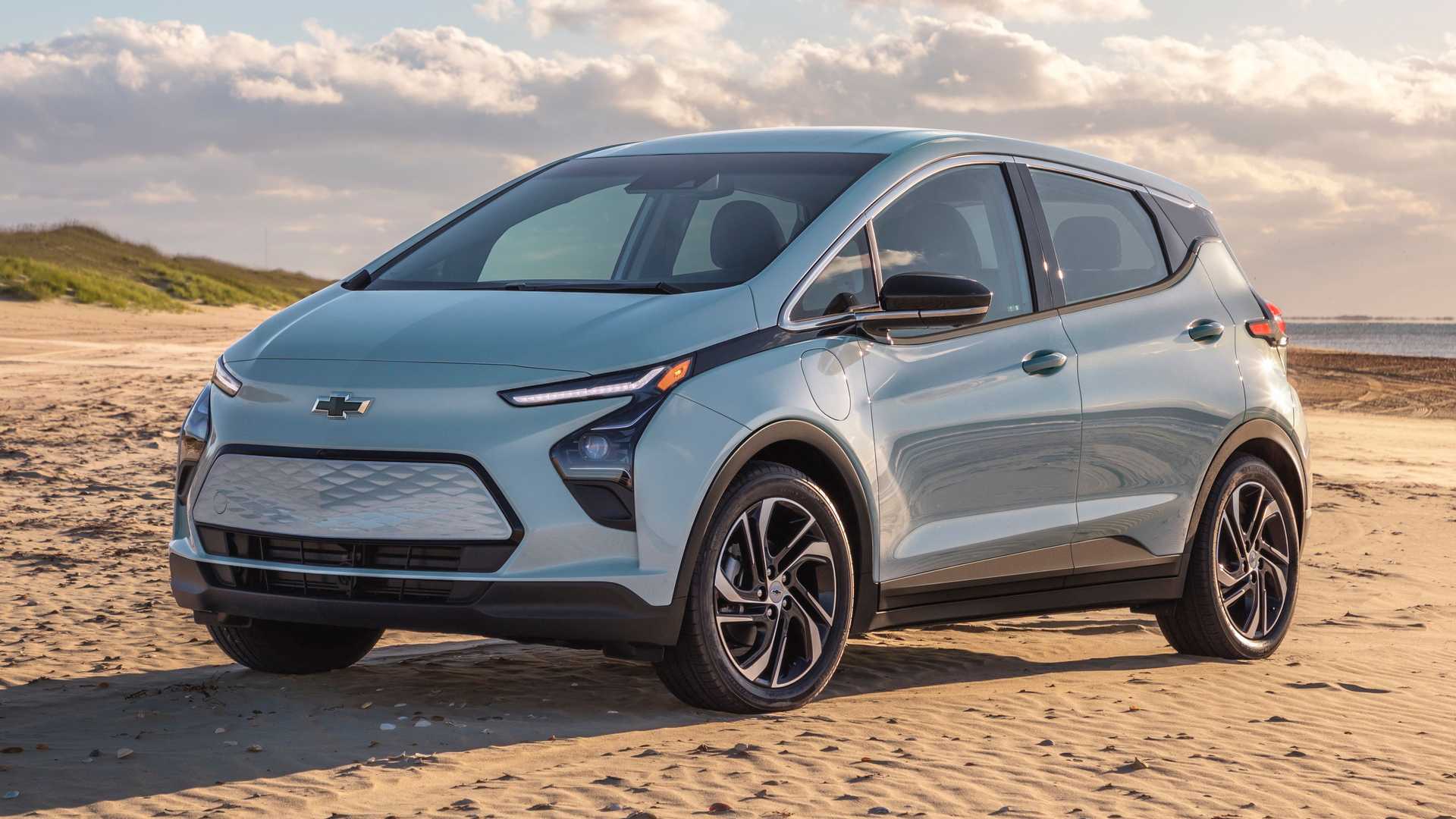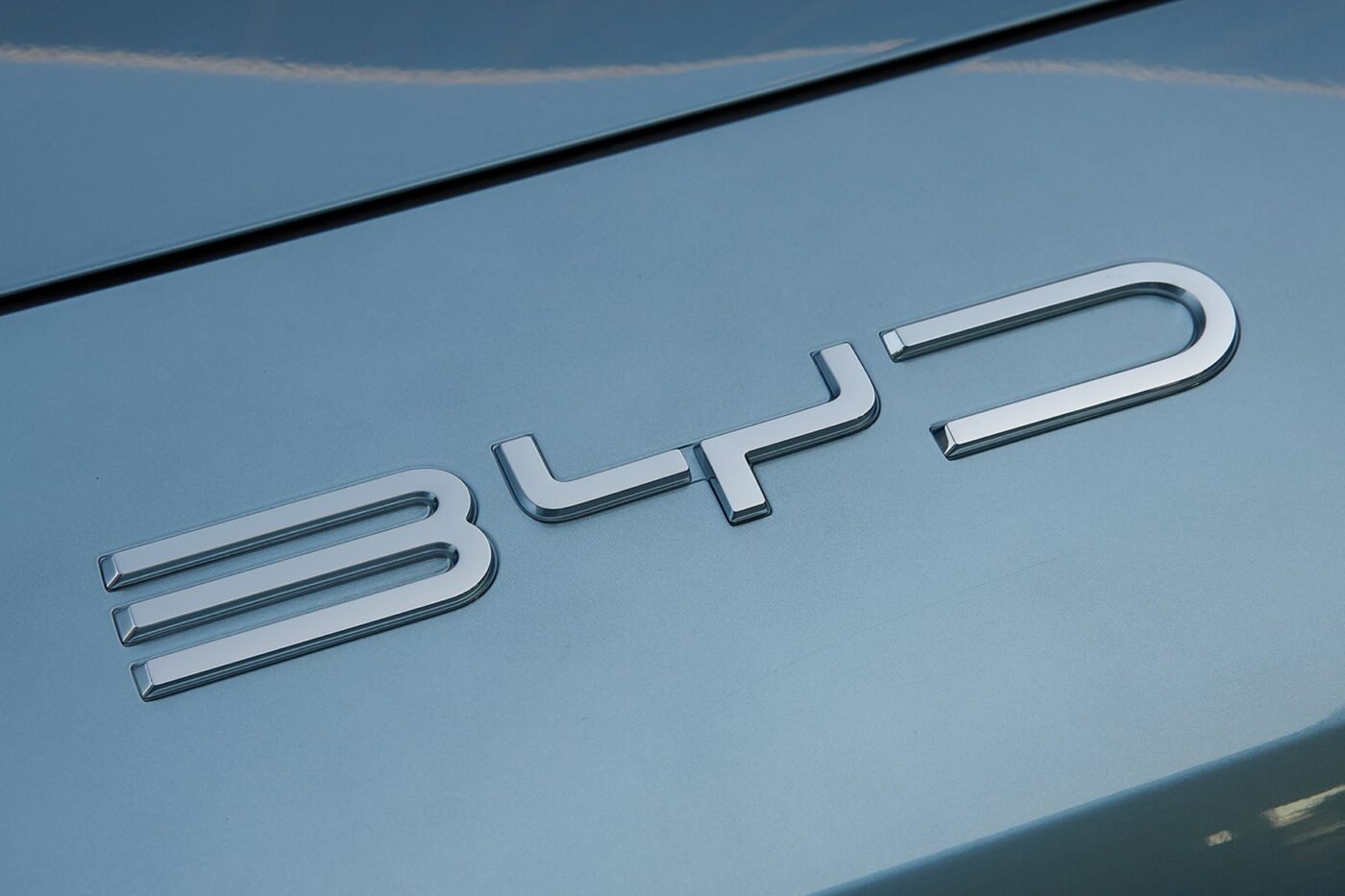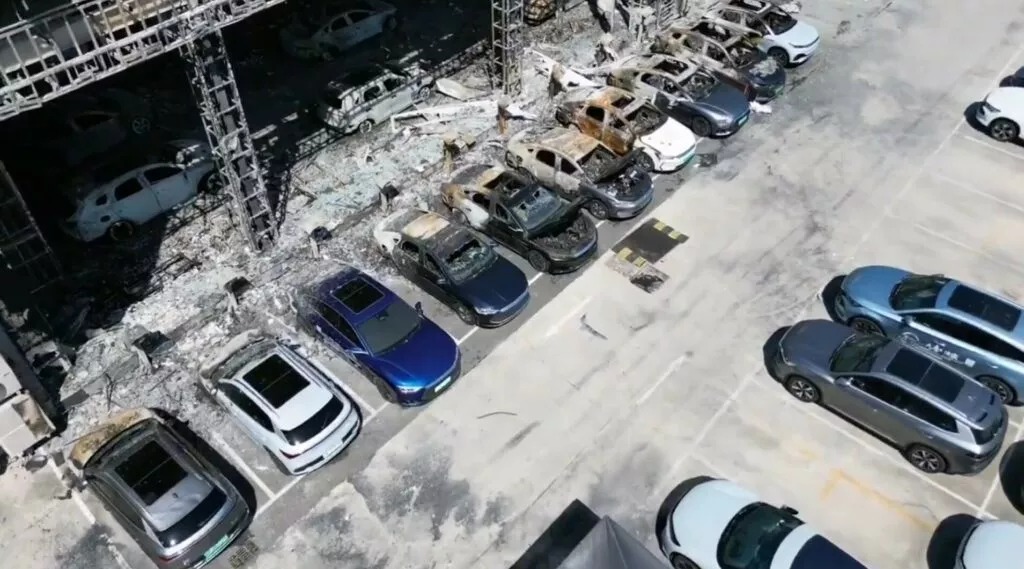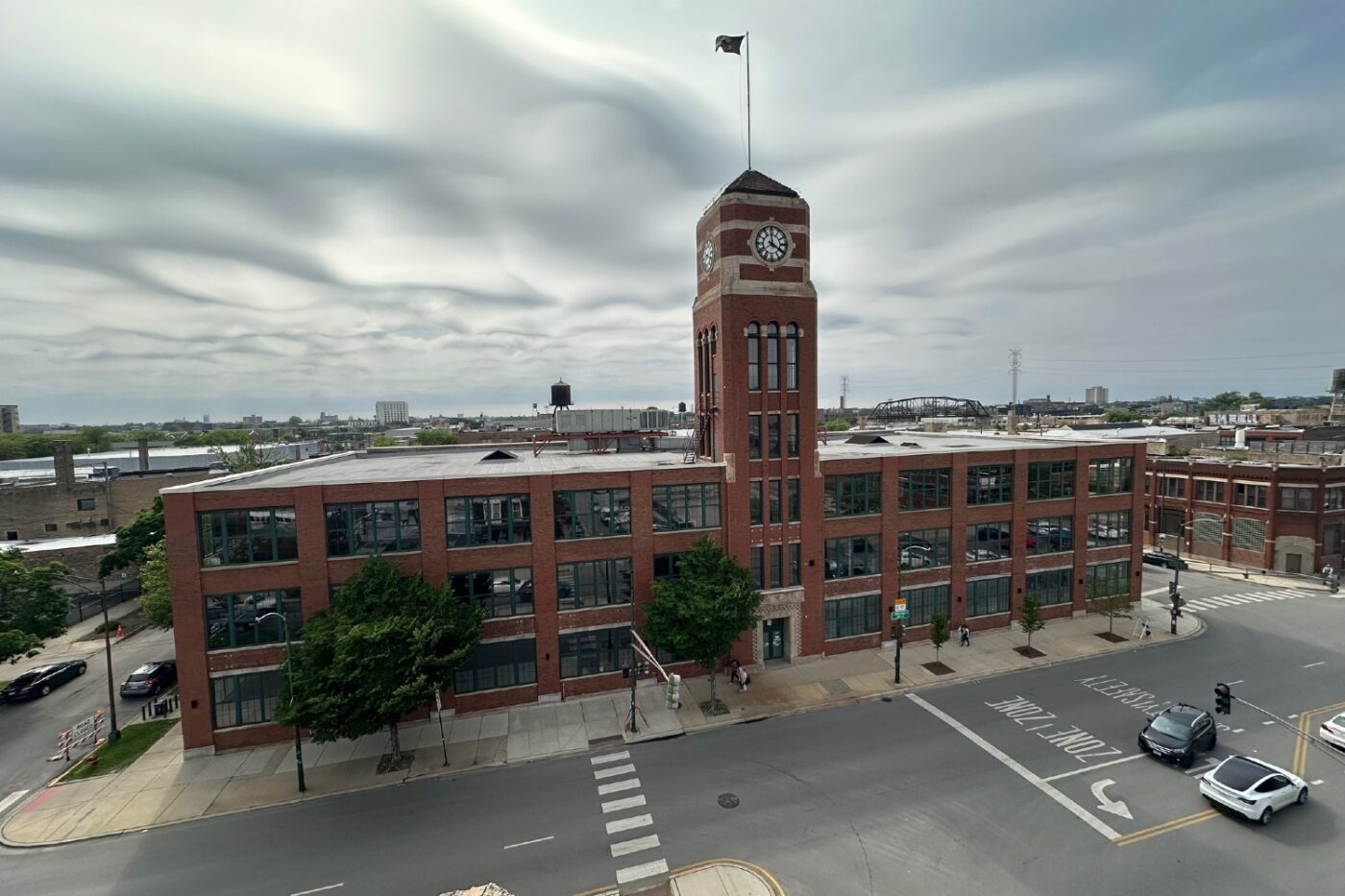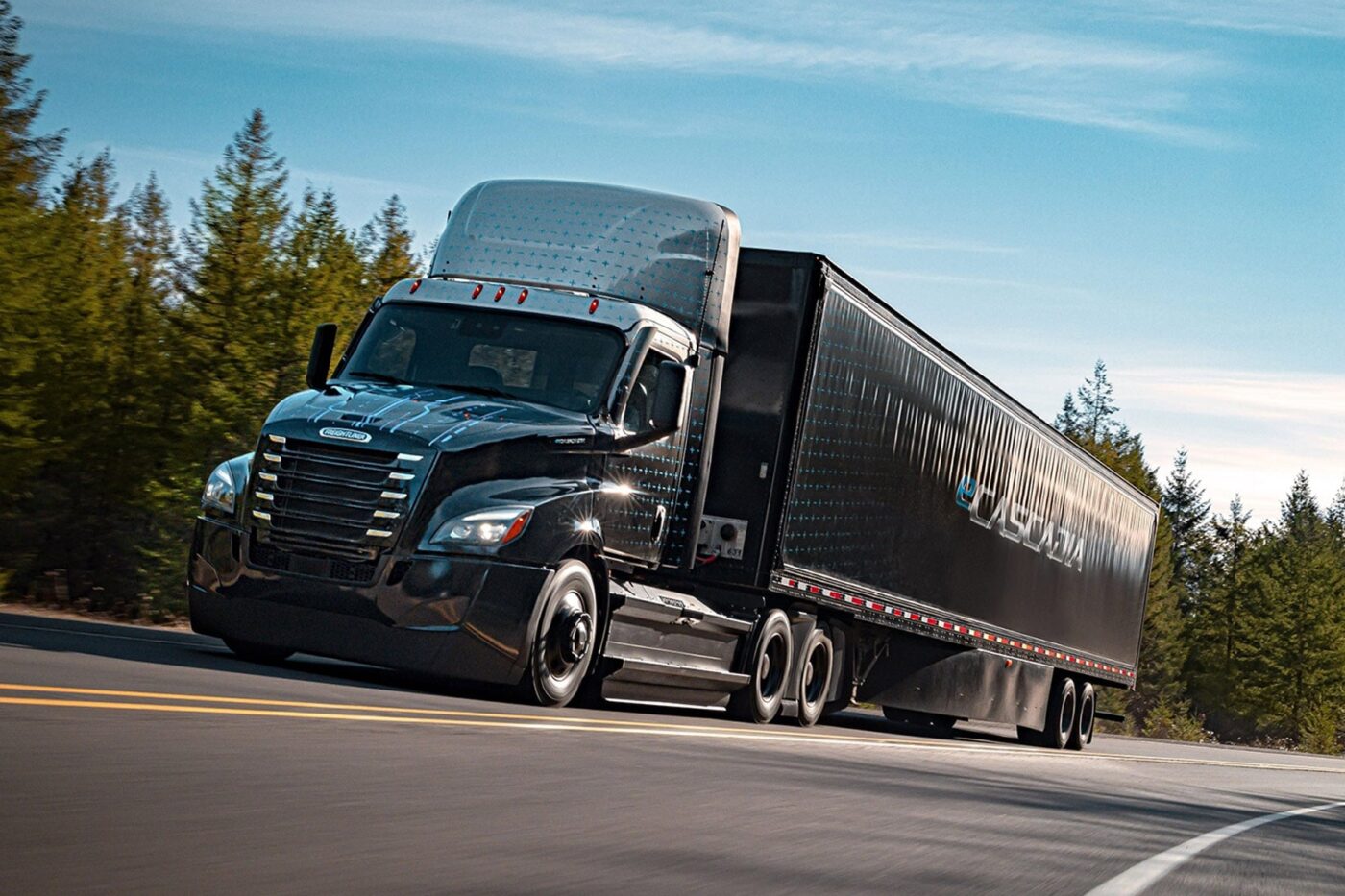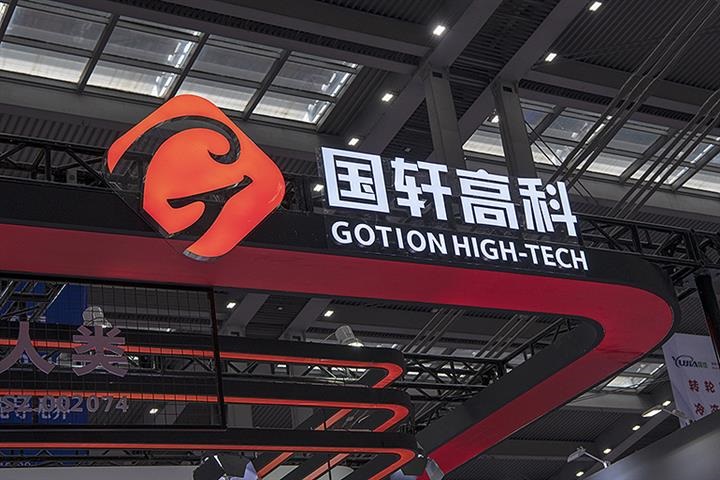BYD has delayed its plans to produce lithium cathodes for electric vehicle (EV) batteries in Chile by 2025, Stella Li, the firm’s Chief of Americas, told Reuters on Tuesday.
Chile’s economic development agency, CORFO, announced last year that production at a new plant to be developed by BYD was anticipated to start around the end of 2025. This project represents a $290 million investment in Chile, the world’s second-largest lithium-producing country.
Li expressed uncertainty about when BYD would resume its plans, citing various complications surrounding the project. The plant would manufacture components essential for EV batteries.
“That plan has been postponed because there is a lot of uncertainty,” Li stated in an interview during a launch event in Mexico City for a hybrid-electric pickup truck. She did not provide further details.
In response to Li’s comments, CORFO told Reuters that it was reaching out to BYD for more information. CORFO also mentioned that BYD had met government milestones to qualify for preferential pricing on battery-grade lithium carbonate.
BYD, known for its affordable EVs, manufactures many automotive components and systems in-house. The cathode, a critical and costly part of an EV battery cell, can be made from either lithium iron phosphate (LFP) or nickel cobalt manganese.
The planned BYD facility in the northern region of Antofagasta was expected to produce 50,000 metric tons of LFP annually for cathodes, according to CORFO.

